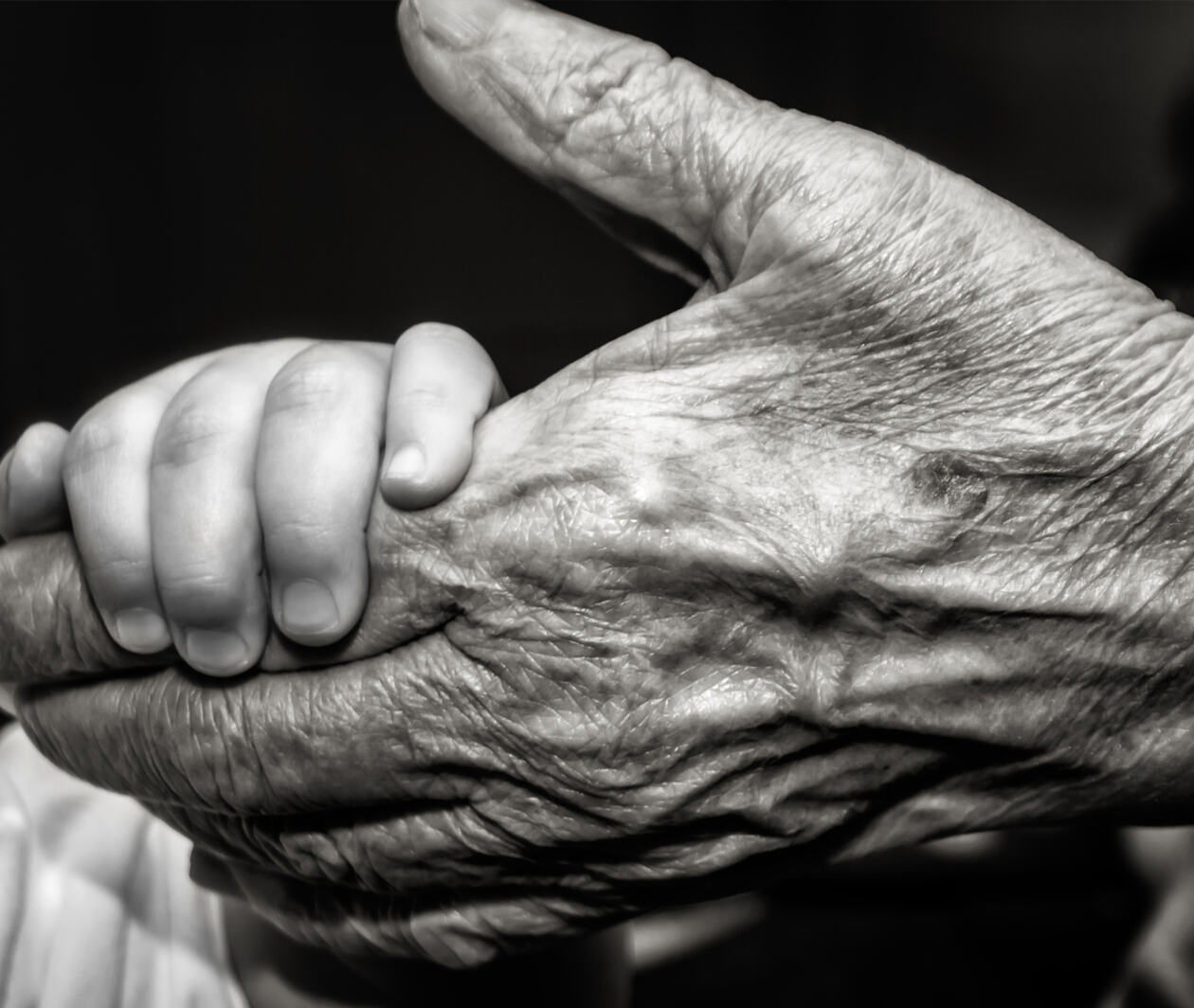Explore genetics and genomics in maternity healthcare and apply principles to provide high quality care.

Duration
2 weeksWeekly study
3 hours
Genetic Inheritance for the Pregnancy Pathway: A Practical Guide for Clinicians
Discover different types of genetic inheritance and understand genomic testing
Genomics is an ever-developing area of healthcare, and genetic tests are being mainstreamed, becoming more accessible than ever before. That’s why it’s important for professionals providing primary and secondary care to understand genetic inheritance so they can provide appropriate quality of care to their patients.
On this two-week course, you’ll learn about the different types of genetic inheritance, delving deeper into Mendelian inheritance and its potential deviations. There will be a focus on genomics in the pregnancy pathway, providing a practical guide for midwives and other practitioners delivering maternity care.
Develop practical skills for taking patient history and drawing pedigrees
An important part of recognising inherited disorders is in taking family histories and drawing family trees. You’ll learn key principles for taking family and patient history, then use those skills to gain practical experience in drawing pedigrees.
Recognise genomic conditions in prenatal and antenatal development
Using case examples, you’ll look at how you can improve care pathways and referrals, specifically throughout pregnancy care. You’ll also have the opportunity to discuss current ethical issues in genetic testing, such as the ethical implications of offering genetic testing, and how genetic testing could be mainstreamed into maternity services.
Learn from experts in the field of genomics
With clinicians at the forefront of providing clinical genomic services, The South East Genomic Medicines Service Alliance (GMSA) has specialist expertise and understanding in genomics, in particular workforce training and education.
What topics will you cover?
- The discovery of inheritance patterns
- Types of autosomal inheritance - including case examples relevant to practice
- Deviations from inheritance - including examples relevant to practice
- Principles and practical guide to taking a family and patient history
- The pedigree
- How clinician knowledge can improve care pathways
When would you like to start?
Start straight away and join a global classroom of learners. If the course hasn’t started yet you’ll see the future date listed below.
Available now
Learning on this course
On every step of the course you can meet other learners, share your ideas and join in with active discussions in the comments.
What will you achieve?
By the end of the course, you‘ll be able to...
- Describe dominant, recessive, x-linked and complex inheritance
- Identify examples of genomic conditions, including the ones they are most likely to encounter in antenatal care
- Demonstrate the ability to draw a pedigree
- Apply the principles of pedigree drawing to recognise modes of inheritance
- Identify deviations from mendelian inheritance
- Evaluate further individual learning needs to provide high quality care
Who is the course for?
This course is primarily designed for midwives. It may also be of interest to those involved in the pregnancy pathway such as primary care physicians, nurses, and health visitors, as well as medical and healthcare undergraduates.
While the course will generally assume knowledge appropriate to healthcare professionals, anyone interested in assessing their own family genetic history may find the course useful.
Who will you learn with?
I am a midwife working at St George's University Hospitals NHS Foundation Trust.
My main interests are in genomics and fetal medicine.
I have recently completed a MSc in Genomic medicine (2021).
I am a Principal Genetic Counsellor based at St George's Hospital .
I work with patients in cardiac, prenatal, general and cancer genetics and have a special interest in education and training
I am a General and Prenatal Genetic Counsellor at Guy’s and St Thomas’ NHS Foundation Trust.
I trained as a genetic counsellor via the Scientist Training Programme at Great Ormond Street Hospital.
Learning on FutureLearn
Your learning, your rules
- Courses are split into weeks, activities, and steps to help you keep track of your learning
- Learn through a mix of bite-sized videos, long- and short-form articles, audio, and practical activities
- Stay motivated by using the Progress page to keep track of your step completion and assessment scores
Join a global classroom
- Experience the power of social learning, and get inspired by an international network of learners
- Share ideas with your peers and course educators on every step of the course
- Join the conversation by reading, @ing, liking, bookmarking, and replying to comments from others
Map your progress
- As you work through the course, use notifications and the Progress page to guide your learning
- Whenever you’re ready, mark each step as complete, you’re in control
- Complete 90% of course steps and all of the assessments to earn your certificate
Want to know more about learning on FutureLearn? Using FutureLearn
Learner reviews
Learner reviews cannot be loaded due to your cookie settings. Please and refresh the page to view this content.
Do you know someone who'd love this course? Tell them about it...
You can use the hashtag #FLGenomicInheritance to talk about this course on social media.
More courses you might like
Learners who joined this course have also enjoyed these courses.
Browse more in Healthcare & Medicine
